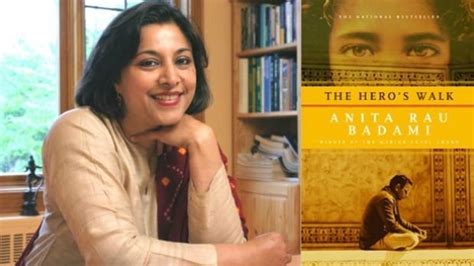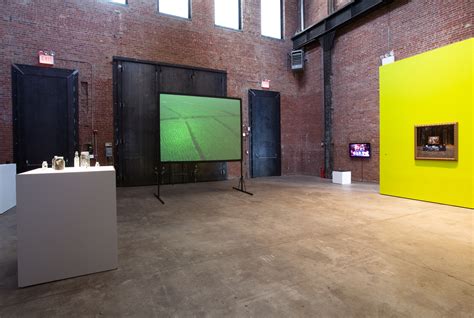A Quote by Phyllis Schlafly
American women are so fortunate. When I got married, all I wanted in the world was a dryer so I didn't have to hang up my diapers. And now women have paper diapers and all sorts of conveniences in the home. And it is the man and the technology that has made the home such a pleasant place for women to be.
Related Quotes
When I got married and had a child and went to work, my day was all day, all night. You lose your sense of balance. That was in the late '60s, '70s, women went to work, they went crazy. They thought the workplace was much more exciting than the home. They thought the family could wait. And you know what? The family can't wait. And women have now found that out. It all has to do with women, or the homemaker leaving the home and realizing that where they've gone is not as fabulous, or as rewarding, or as self-fulfilling as the balance between the workplace and the home place.
The modern challenge to motherhood is the eternal challenge--that of being a godly woman. The very phrase sounds strange in our ears. We never hear it now. We hear about every other type of women: beautiful women, smart women, sophisticated women, career women, talented women, divorced women. But so seldom to we hear of a godly woman--or of a godly man either, for that matter. I believe women come nearer to fulfilling their God-given function in the home than anywhere else.
It was this feminine conspiracy which made Southern society so pleasant. Women knew that a land where men were contented, uncontradicted ans safe in possession of unpunctured vanity was likely to be a very pleasant place for women to live. So, from the cradle to the grave, women strove to make men pleased with themselves, and the satisfied men repaid lavishly with gallantry and adoration. In fact, men willingly gave ladies everything in the world except credit for having intelligence.
Ever since I was a kid I just thought that women had the better outfits, women had the better hair, women got to wear makeup. I just got jealous of what women got to do onstage. You dress up a man and ultimately it's just a different variation on the same kind of suit. There's a whole wide world of what women wear onstage.
In most homes, from what I know of them, even though the woman's place in that particular home might be in the home, still, she is queen of her house. So I like exploring the many different incarnations of women in that country, actually. You find quite a range of these women in this book - each one of them embodies a completely different personality type. And how can you write a book that's only full of men, anyway? I mean, half the population of this world is women.
Ideas about mothers have swung historically with the roles of women. When women were needed to work the fields or shops, experts claimed that children didn't need them much. Mothers, who might be too soft and sentimental, could even be bad for children's character development. But when men left home during the Industrial Revolution to work elsewhere, women were "needed" at home. The cult of domesticity and motherhood became a virtue that kept women in their place.
Between the postwar fifties - domesticity, people happy to be alive after the Second World War, wanting to build a home, make a family, make a nest. Women were pushed back into the home after having been active in the Second World War. It was a big Doris Day moment for women, which didn't suit all women.
I see certain parallels between the debate over feminism where some women argue that women should not be forced to stay at home and take care of children [and debate about hijab]. And there are other women who are saying you are criticizing my decision as a free liberated women to stay home and take care of my children.
Since we all came from a women, got our name from a women, and our game from a women. I wonder why we take from women, why we rape our women, do we hate our women? I think its time we killed for our women, be real to our women, try to heal our women, cus if we dont we'll have a race of babies that will hate the ladies, who make the babies. And since a man can't make one he has no right to tell a women when and where to create one
We've demonstrated in modern countries or industrialized countries that women can do what men can do, but we have not demonstrated that men can do what women can do therefore children are still mostly raised, hugely mostly raised by women and women in industrialized modern countries end up having two jobs one outside the home and one inside the home.




































